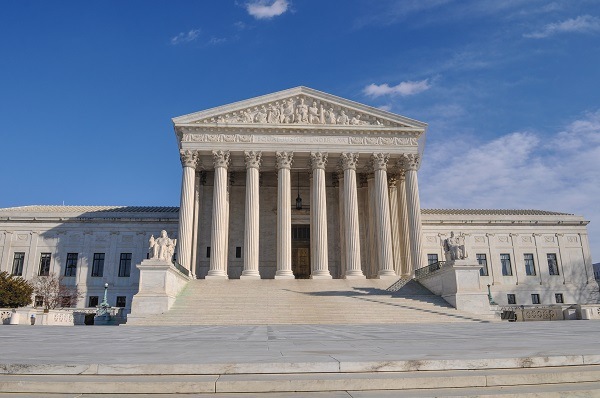
The United States Supreme Court was established by the Constitution of the United States and first assembled in 1790. In its 232-year history, there have been 115 justices who have served on the high Court. Of those 115 justices, 110 have been male, and only three have been people of color. Judge Ketanji Brown Jackson, recently nominated by President Biden to serve as an associate justice, would be the first Black woman on the Supreme Court, and just the third Black justice in history. If appointed, there would also be a record-breaking four female justices on the Supreme Court.
Judge Jackson is eminently qualified to be a Supreme Court justice. She graduated magna cum laude from Harvard College in 1992 and cum laude from Harvard Law School in 1996. From 1996 to 1997, Judge Jackson served as a clerk to U.S. District Judge Patti Saris; from 1997 to 1998, she clerked for Judge Bruce Selya, a judge for the U.S. Court of Appeals for the 1st Circuit. She briefly worked as an associate at the boutique Washington litigation firm of Miller Cassidy Larroca & Lewin. In 1999, Judge Jackson clerked at the Supreme Court for Justice Stephen Breyer, whose seat she will replace. Significantly, Judge Jackson would be one of the few justices to have trial court experience, as she became a federal public defender in Washington, D.C. in 2005. In 2007, Judge Jackson was of counsel at Morrison & Foerster in their Washington office, and was part of their appellate litigation group. Judge Jackson also served as vice chair of the Federal Sentencing Commission and was nominated by President Obama to serve as a U.S. District judge in Washington, D.C. Judge Jackson was nominated for the D.C. Circuit Court in April 2021 and confirmed in June 2021 by a vote of 53-44.
Judge Jackson’s nomination to the Supreme Court is as historic as it is appropriate. Her professional profile and accomplishments rival those of any other member of the current Supreme Court. Yet the fact that she would be the first Black female justice makes her nomination one to be celebrated, even if it did take 232 years to get here. It is important to see oneself reflected in the places one wants to be. The people we see in media or in the workplace can show us glimpses of what we can aspire to. Just as Judge Jackson referenced Judge Constance Baker Motley, the first Black woman to serve as a federal judge, someday, people across the spectrum will reference Judge Jackson as their inspiration for what they could be. In 2020, the American Bar Association reported that just 5% of all lawyers in the United States are Black, a gross underrepresentation compared to the overall Black population in the United States of approximately 13%. Perhaps Judge Jackson’s nomination and eventual appointment will motivate more people of color to become lawyers and eventually serve on the high court. I, for one, am excited to witness this moment in American history and look forward to seeing how Judge Jackson will continue to inspire those who come after her.
